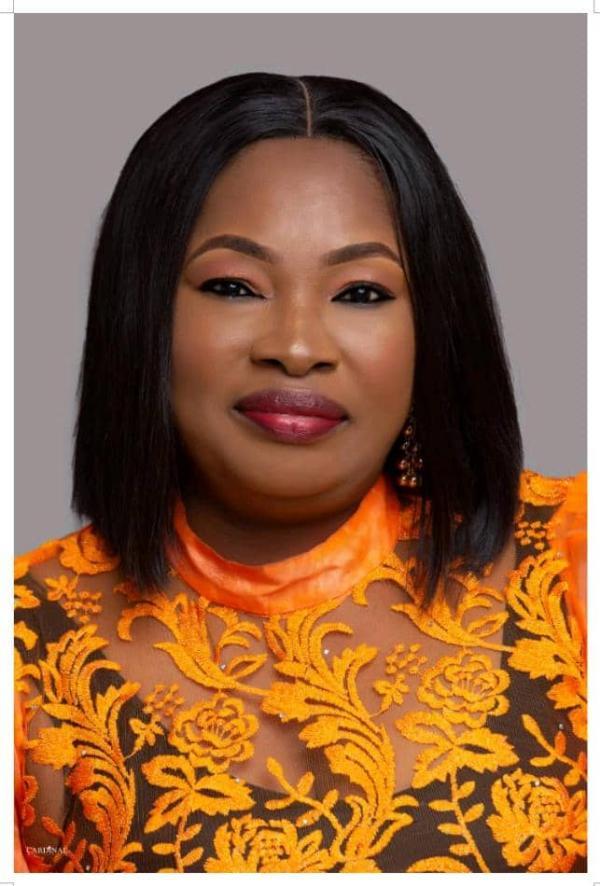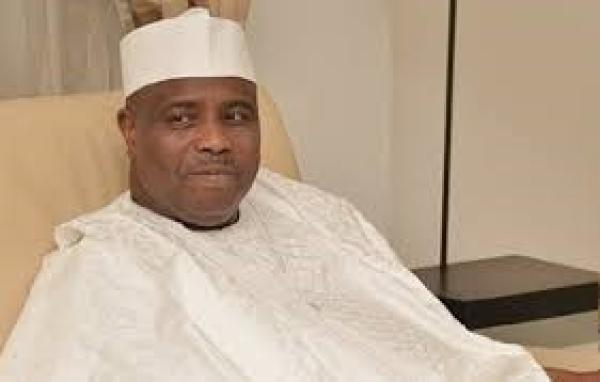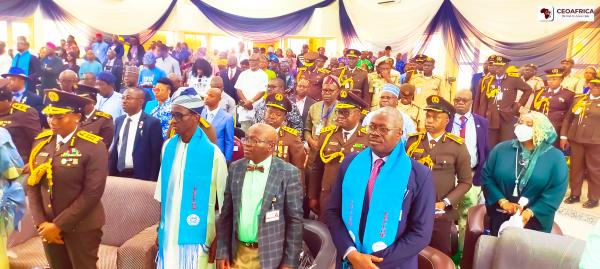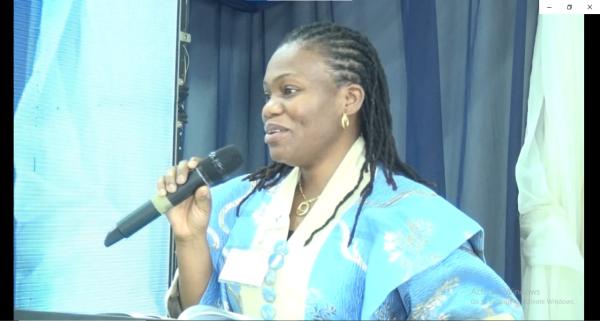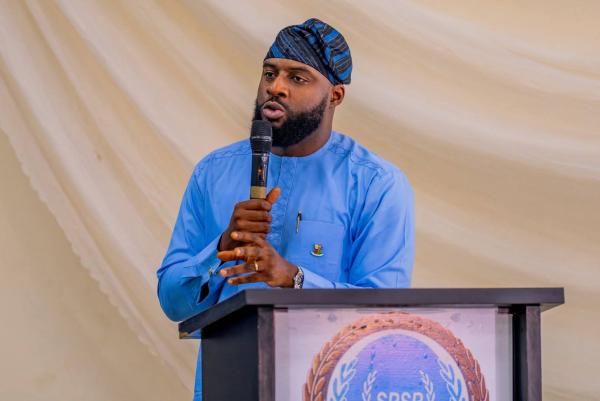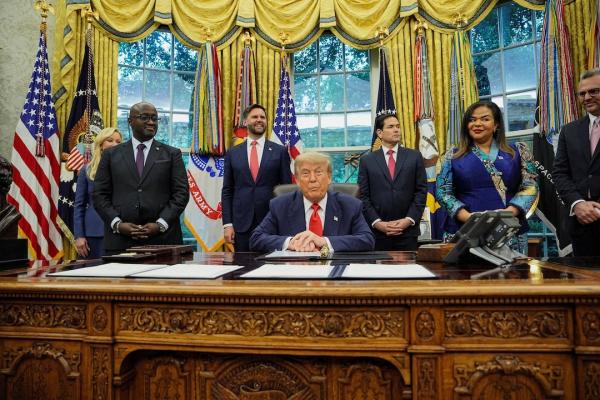
Rwanda and the Democratic Republic of Congo (DRC) signed a peace agreement in Washington on Friday, marking a significant effort to halt a conflict that has claimed thousands of lives in the mineral-rich eastern region of the DRC. The deal, brokered with Qatari support and signed at the U.S. State Department, aims to curb support for rebel forces and restore stability, though observers remain cautious about its long-term impact.
U.S. President Donald Trump, who hosted the foreign ministers of both countries at the White House, celebrated the agreement as a diplomatic victory. “Today, the violence and destruction comes to an end, and the entire region begins a new chapter of hope and opportunity,” he said. Trump also highlighted potential U.S. access to Congolese mineral rights, describing the day as “wonderful.”
The peace deal follows a resurgence of the M23 rebel group, an ethnic Tutsi militia with alleged ties to Rwanda, that swept through parts of eastern DRC earlier this year, capturing key areas including the strategic city of Goma. While Rwanda has denied direct support for the group, it has consistently called for the disarmament of the Democratic Forces for the Liberation of Rwanda (FDLR), a Hutu militia with roots in the perpetrators of the 1994 Rwandan genocide.
The agreement calls for an end to all forms of state support for armed groups, including the FDLR, and for Rwanda to lift its so-called “defensive measures.” Rwandan Foreign Minister Olivier Nduhungirehe emphasized that neutralizing the FDLR must be a priority. “The irreversible and verifiable end to state support to the FDLR should be the first order of business,” he said.
Despite his support for the deal, Nduhungirehe expressed caution, noting the region’s history of failed accords. “We must acknowledge that there is a great deal of uncertainty in our region, and beyond, because many previous agreements have not been implemented,” he added.
Congolese Foreign Minister Therese Kayikwamba Wagner stressed the need for the agreement to uphold national sovereignty. “It offers a rare chance to turn the page, not just with words but with real change on the ground. Some wounds will heal, but they will never fully disappear,” she said.
The agreement also outlines the creation of a joint security coordination body and vaguely commits to establishing a regional economic integration framework within three months.
President Trump, who appeared unfamiliar with the historical context of the conflict, alluded to the 1994 genocide by saying, “They were going at it for many years with machetes,” and claimed credit for the peace breakthrough. He told reporters the U.S. would gain “a lot of mineral rights from the Congo,” referring to the country’s vast reserves of cobalt and lithium, key components in electric vehicles and other technologies, currently dominated by Chinese firms.
The deal received international praise. UN Secretary-General António Guterres called it “a significant step towards de-escalation, peace and stability,” while leaders from Germany and France hailed it as a historic opportunity that must be implemented with care.
However, not all voices welcomed the development. Nobel Peace Prize laureate Dr. Denis Mukwege, renowned for his work supporting survivors of s3xual violence in the DRC, criticized the agreement, arguing it disproportionately benefits Rwanda and the U.S. “It would amount to granting a reward for aggression, legitimising the plundering of Congolese natural resources, and forcing the victim to alienate their national heritage by sacrificing justice,” he said in a statement.
Physicians for Human Rights also raised concerns, pointing out the absence of mechanisms to ensure accountability for human rights violations in the region’s protracted conflict.
While the peace deal marks a potential turning point, its success will depend on consistent implementation, accountability, and whether it delivers meaningful change for those on the ground.












